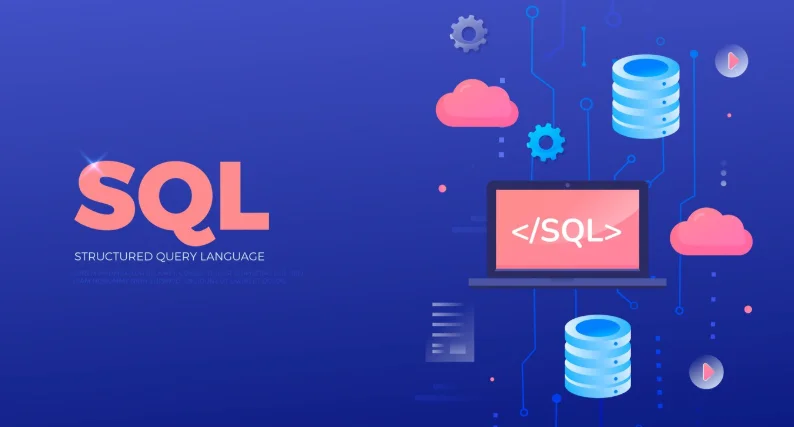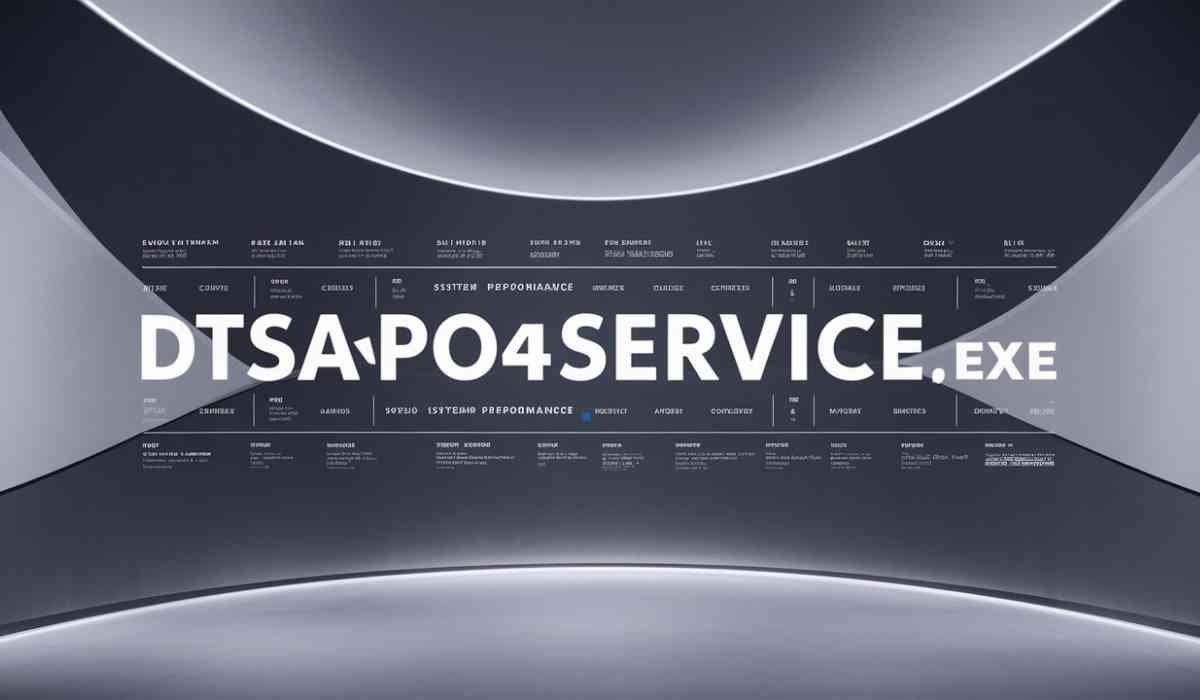When managing large-scale applications, enterprises need a database that ensures high performance, data integrity, and long-term reliability. Two of the most widely used databases are MySQL and PostgreSQL, but while MySQL is popular for web applications, PostgreSQL stands out for enterprise-level scalability, security, and flexibility.
Many businesses are migrating from MySQL to PostgreSQL to handle complex queries, support high transaction volumes, and future-proof their data infrastructure. Unlike MySQL, which follows a simplified, fast approach to data storage, PostgreSQL is a powerful, feature-rich database designed to support modern applications, including AI, analytics, and large-scale cloud deployments.
This guide explores the key differences between MySQL and PostgreSQL, why Organizations prefer PostgreSQL, and how to seamlessly migrate using Hevo Data’s Integrations and Data Pipeline. If you’re considering a switch, understanding PostgreSQL’s advantages will help you make an informed decision.
Key Differences Between MySQL and PostgreSQL
Both MySQL and PostgreSQL are widely used relational databases, but they differ in structure, performance, and flexibility. Here’s how they compare:
1. Data Integrity & ACID Compliance
- PostgreSQL: Fully ACID-compliant by default, ensuring strong data integrity and transaction reliability.
- MySQL: Uses autocommit mode unless explicitly configured for ACID compliance, increasing the risk of inconsistencies.
2. Performance & Query Handling
- PostgreSQL: Optimized for complex queries, supporting parallel execution and advanced indexing for faster analytics.
- MySQL: Performs well for simple read-heavy workloads but struggles with complex joins and large transactions.
3. Extensibility & Customization
- PostgreSQL: Allows custom data types, procedural languages, and indexing techniques (GIN, BRIN), making it adaptable to various applications.
- MySQL: Limited extensibility, offering only basic indexing and customization options.
4. JSON & NoSQL Capabilities
- PostgreSQL: Provides efficient JSONB support with indexing, making it ideal for hybrid relational-NoSQL use cases.
- MySQL: Introduced JSON support later but lacks PostgreSQL’s indexing and querying efficiency.
These differences make PostgreSQL the preferred choice for enterprises handling large-scale analytics, AI-driven applications, and high-volume transactions.
Why Enterprises Prefer PostgreSQL Over MySQL
Enterprises require databases that prioritize reliability, security, and performance. PostgreSQL stands out as a robust, scalable choice, offering several key advantages over MySQL.
1. High Availability & Reliability
For businesses handling large-scale transactions, downtime is not an option. PostgreSQL’s streaming replication and failover mechanisms ensure uninterrupted service, reducing the risk of data loss or outages. It supports synchronous replication, meaning a standby database always has the latest committed data. This is crucial for financial services, e-commerce platforms, and enterprise applications that require real-time data consistency.
2. Advanced Security Features
Security is a top concern for Organizations dealing with sensitive user data, financial records, or compliance requirements. PostgreSQL offers:
- Row-Level Security (RLS): Ensures only authorized users can access specific rows in a table.
- SSL Encryption: Protects data in transit from unauthorized access.
- Role-Based Access Control (RBAC): Allows fine-grained user permissions for better security management.
With these built-in features, PostgreSQL provides a secure database environment, making it a trusted choice for banks, healthcare providers, and government organizations.
3. Better Support for Big Data & Analytics
PostgreSQL is designed to handle large datasets efficiently, making it a top choice for big data analytics, AI-driven applications, and reporting systems. Key features include:
- Window Functions for complex analytical queries.
- GIN and BRIN Indexes for high-speed searches.
- JSONB Support for hybrid relational-NoSQL use cases.
4. Open-source with Strong Community Support
Unlike MySQL, which is controlled by Oracle, PostgreSQL remains fully open-source, giving enterprises complete control over database configurations, licensing, and scalability. A vast community of developers and contributors ensures continuous improvements and innovation.
These benefits make PostgreSQL the go-to choice for enterprises that need scalability, security, and advanced analytics capabilities.
The Challenges of Migrating from MySQL to PostgreSQL
Despite PostgreSQL’s benefits, migrating from MySQL to PostgreSQL comes with challenges:
1. Schema Differences
PostgreSQL enforces stricter data types and constraints. For example, MySQL’s TINYINT(1) (used for booleans) needs to be converted to PostgreSQL’s BOOLEAN.
2. Foreign Key & Index Mismatches
MySQL handles indexes and constraints differently, requiring adjustments to maintain data integrity in PostgreSQL.
3. Encoding & Collation Issues
PostgreSQL supports only UTF-8, while MySQL allows various character sets. Data encoding mismatches can cause data corruption during migration.
4. Handling of Transactions
MySQL’s transaction model differs from PostgreSQL’s, which can result in incomplete data transfers if not handled correctly.
Given these complexities, using an automated migration tool like Hevo Data ensures a seamless transition while preventing data loss and inconsistencies.
Migrating from MySQL to PostgreSQL with Hevo Data
Manually migrating from MySQL to PostgreSQL can be time-consuming and error-prone. Hevo Data simplifies this process with its Integrations and Data Pipeline solutions.
Hevo Data Integrations: Connecting MySQL to PostgreSQL
- Automated Schema Mapping: Converts MySQL schema to a PostgreSQL-compatible format.
- Pre-Built Connectors: Enables one-click integration between MySQL and PostgreSQL.
- Real-Time Monitoring: Detects migration errors instantly to prevent data loss.
Hevo Data Pipeline: Secure, Continuous Data Migration
- Zero Downtime Migration: Transfers data without disrupting business operations.
- Error Handling & Rollback: Ensures no missing records or inconsistencies.
- Scalability: Handles large data volumes efficiently with minimal latency.
By using Hevo Data, enterprises can automate schema conversion, replicate data in real time, and ensure a seamless MySQL to PostgreSQL migration.
Post-Migration Validation: Ensuring Data Accuracy
Once the migration from MySQL to PostgreSQL is complete, it’s critical to verify data integrity. Here’s how:
1. Compare Row & Record Counts: Check that the total records in MySQL and PostgreSQL match to ensure no missing data.
2. Validate Foreign Keys & Constraints: Ensure data relationships remain intact and that indexes are correctly applied.
3. Run Data Consistency Queries:
- Verify primary and foreign key constraints.
- Check that indexed searches return correct results.
- Confirm unique constraints prevent duplicate records.
4. Monitor Logs & Identify Errors: Review migration logs for skipped records, transaction failures, or encoding issues. Address discrepancies before fully switching to PostgreSQL.
These validation steps ensure PostgreSQL accurately reflects your MySQL database, preventing potential data integrity issues.
Conclusion
Migrating from MySQL to PostgreSQL isn’t just about switching databases—it’s about adopting a powerful, scalable, and secure solution for future growth. PostgreSQL’s advanced query capabilities, extensibility, and data integrity make it the preferred choice for enterprise applications, analytics platforms, and cloud-based services.
However, migration challenges like schema mismatches, foreign key errors, and transaction handling can make the process complex. That’s why enterprises rely on Hevo Data for a seamless MySQL to PostgreSQL migration.
PostgreSQL is the go-to database for Organizations looking for reliability, scalability, and security. If you’re ready to make the switch, try Hevo Data for a smooth, automated migration.
Log in with Hevo Data and experience hassle-free database migration today!









